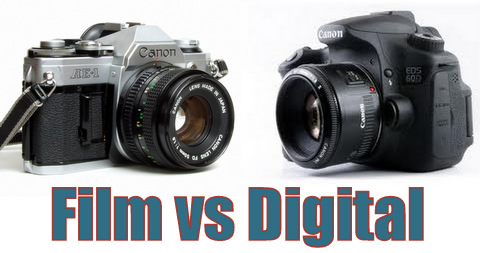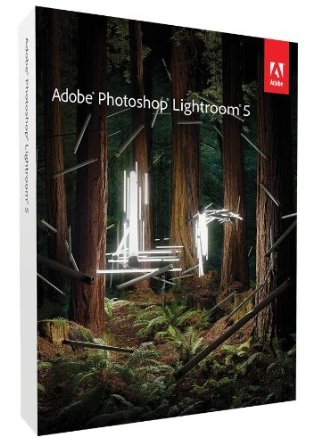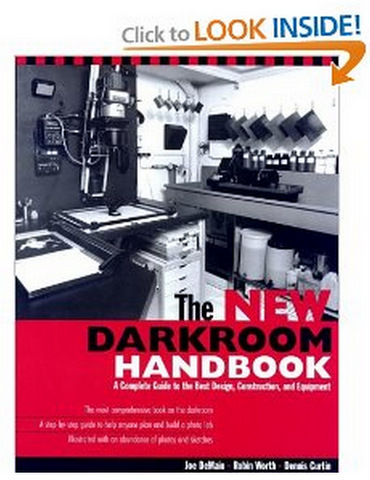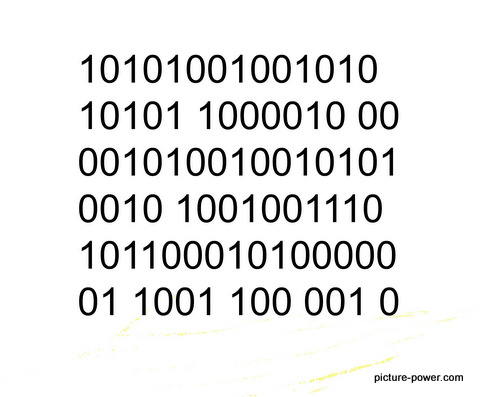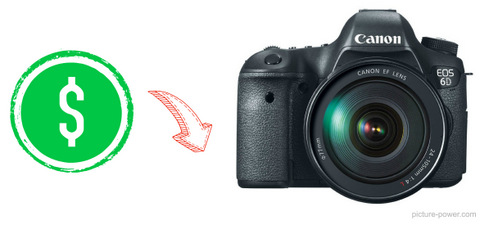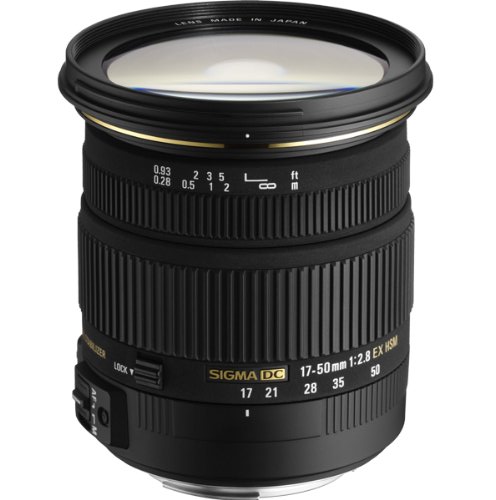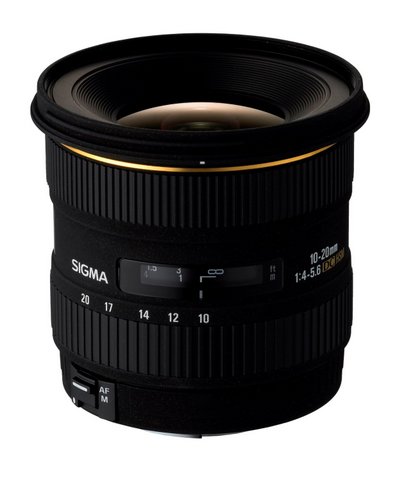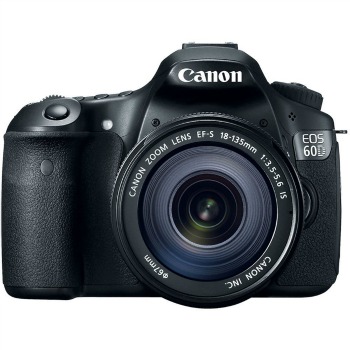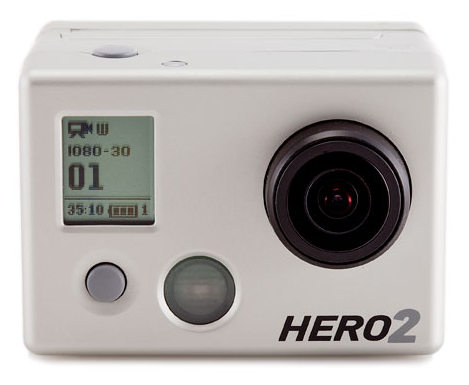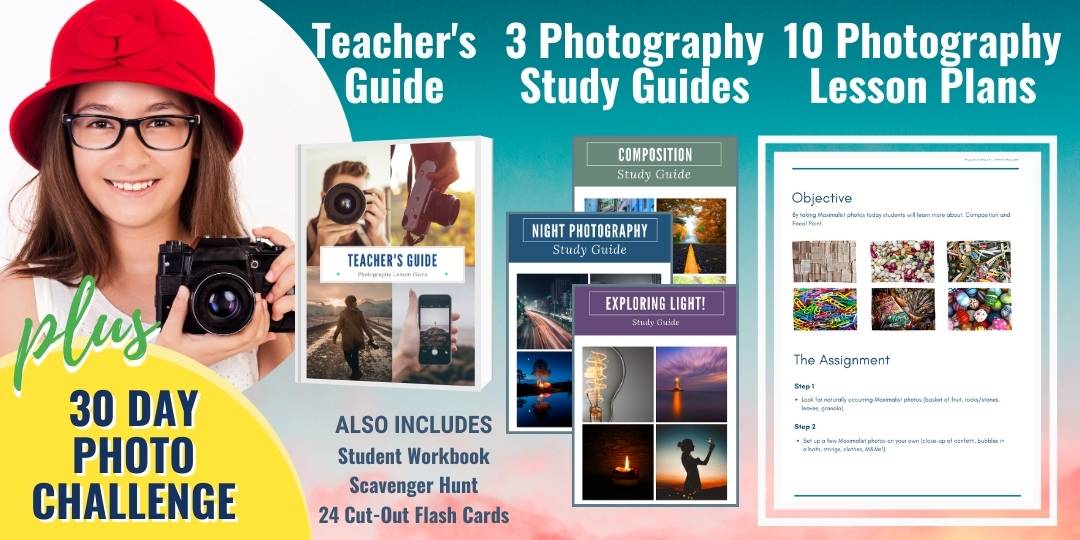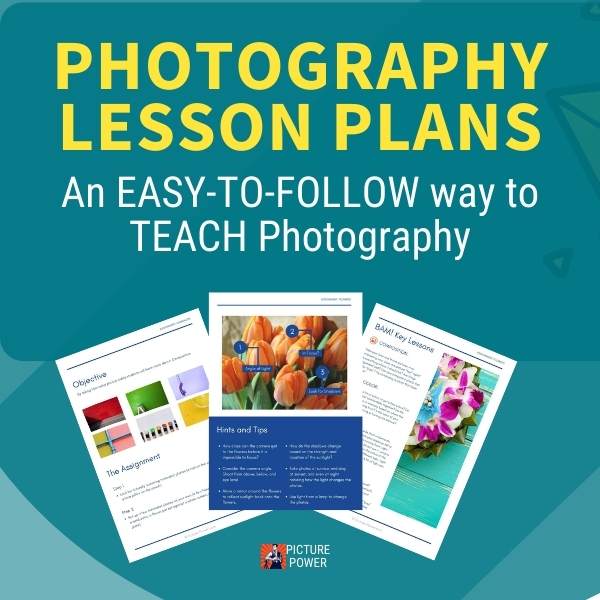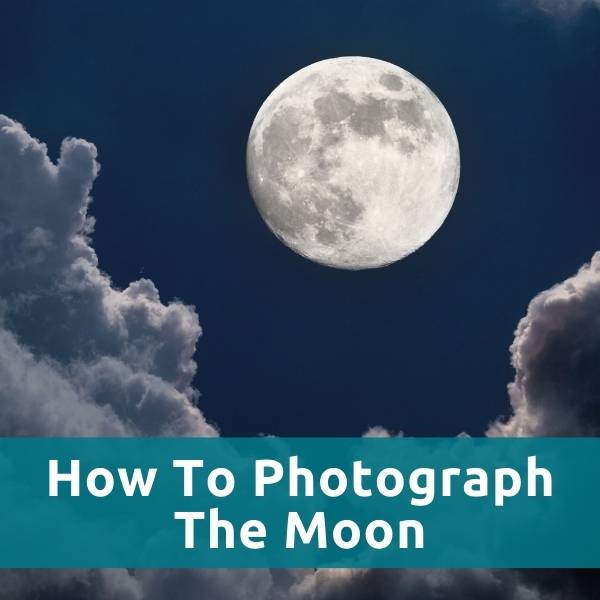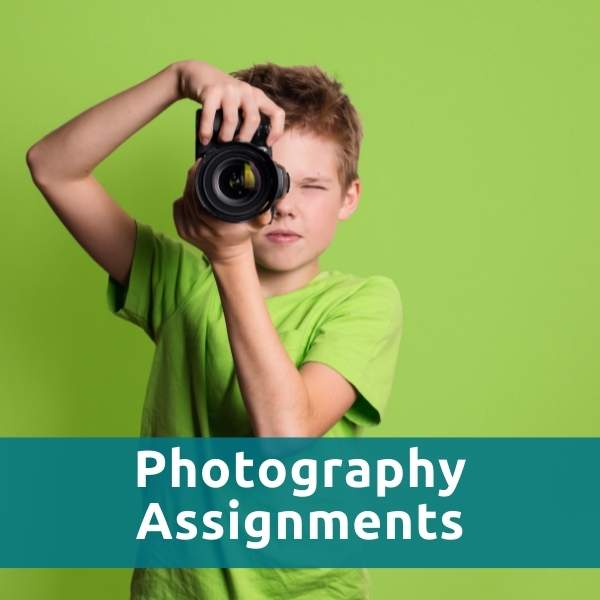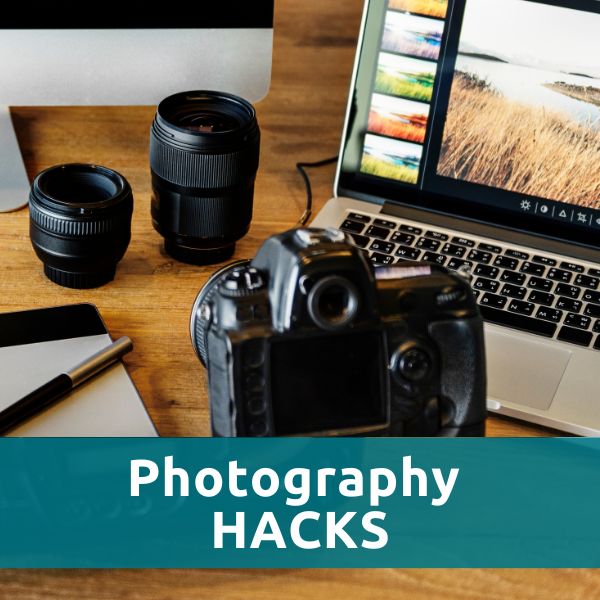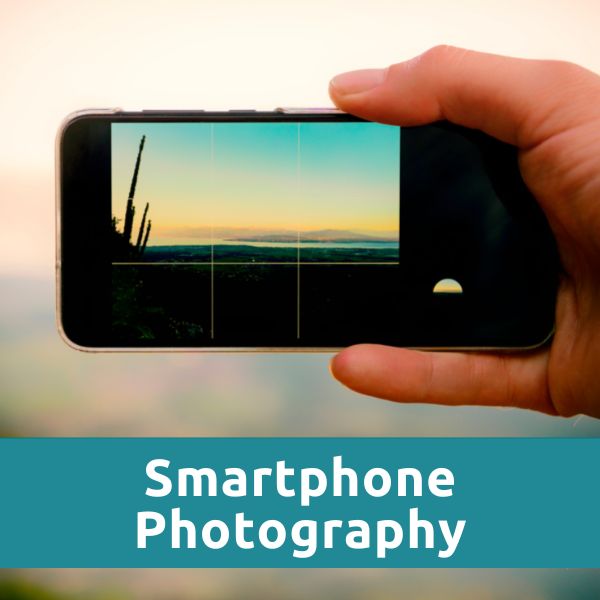Digital versus Film Photography
What's all the fuss?
By Scott Umstattd
Digital versus Film Photography:
Do film photographers hold a level of exceptionalism over digital photographers? How has digital photography changed photography? Did the digital photography revolution destroy the idea or the concept of photography as a profession?
When comparing digital versus film photography there are certainly many concepts and techniques that apply to both types of photography.
For example, film and digital sensors are exposed to light when the camera shutter opens. A lens made with more precision, care and higher quality glass will provide better pictures than a cheap lens that cuts corners - no matter if the light hits film or a sensor.
There are many differences in digital versus film photography as well. One is that you don’t have to process any film to see the picture. You get instant results with digital photography. Another big difference is in how the picture is processed after it is developed.
With film you do have a lot of latitude to dodge and burn areas of or an entire exposure. (Dodge means to lighten the image. Burn means to darken the image.) However, the options made available to those who work in a digital darkroom far outnumber the choices one has when developing a picture in an actual darkroom.
|
With digital photography the photographer is afforded as many chances to edit and re-edit a picture as he/she wants. With just a little mouse movement and some clicks from the comfort of a couch, a photographer can fix, enhance or recreate their picture. If you are working with film you need a separate room. It needs to be dark. You need chemicals and a working sink. You need a large table or two. You need a well ventilated area to work in. You cannot leave the darkroom once the film is exposed. And you will need to purchase a red light. |
Adobe Photoshop Lightroom is a popular photo editing software. |
Digital cameras allow the photographer the option to change ISO settings after each shot. When shooting on film, you were stuck with whatever ISO film you had in your camera. Being able to change ISO on the fly was a big game changer in people being able to become better photographers.
In digital versus film photography, there’s no debate. Digital photography is easier, faster and more comfortable than film photography. So, do those that still shoot on film hold a Jedi level of enlightenment with photography? Does film really give a better or even an intangible quality that digital photography cannot achieve?
I'll say this, when you are shooting on film you have no safety net. Whether that makes one a maverick, dare-devil or simply a purist depends entirely upon the approach of the photographer.
I do miss the darkroom. From the first time I opened a roll of film and developed it, I knew this was something cool. Developing and editing with film has a hands on/game-time aspect. Once you start you have to see the process all the way through with no back button.
I haven’t shot on film in ten years. As soon as Canon came out with the Canon EOS D30 I was hooked. I learned more about photography in the first month with my D30 than I had in the ten years before shooting on film and sending off my film to be developed and printed for me.
Even with the basic photo editors from 10 years ago I was able to make adjustments to color and exposure that I never could have done with film. Oh yeah, I could have done all that with film. It’s just that I never turned my bathroom into a darkroom. Call me lazy.
Digital Versus Film Photography:
How have all these 1's and 0's changed photography?
The rub that digital photography has created is that photography (and the ability to produce great photographs) is now within reach of almost everyone on the planet. Twenty years ago you had to be shooting on film to have access to the best photography equipment. Digital was just getting started -- still a little clumsy and certainly not as culturally introduced as it is now.
Everything about photography has become financially cheaper, easier and more readily available thanks to digital photography. The professionals who were able to stand out 20 years ago did so because they shot on film and developed their own work in their own darkroom. A darkroom was simply out of reach (definitely not within a casual reach) for moms and dads and brothers and sisters.
Digital versus film photography: what makes all of this all the more interesting is not that many more great photos and photographers are around because of digital photography (there are many, many more great images and great photographers due to digital), the amazing thing is how many more bad pictures are out there.
And a step beyond that is the amazing amount of bad pictures that we have to see every day because those 1s and 0s make it unimaginably easier to show and share pictures than 20 years ago. We are being over run with many more average pictures coming from our friends' media posts.
But with a little searching it is easier than ever to see more and more imaginative and incredible pictures.
We are using more communication outlets and tools that utilize one picture and several words as a complete story. You only need to look at Facebook to see how many people communicate with a picture and a handful of word imposed over the picture.
Photography is key to the future of communication.
Is Photography Still A Viable Profession?
Yes and no. On any given day any one of us could produce an image that becomes seared into our cultural psyche. News events are now reported in real time. And a lot of us have a camera within arm’s reach at this moment. When something amazing happens, we will be there to take pictures of it. (Whether we are getting paid or not.)
There is still a need to pay a photographer as more and more people, businesses or organizations realize that there is more to photography than point and shoot. Right now we are in a window where everyone thinks they are a photographer. Soon, many will accept that they merely take pictures. When the image is important these people will hire a photographer.
But with the increase in stock photo sites like Pond5, it is and will continue to be difficult to find full time work as a photographer. Digital photography has simply opened up the talent pool which, mathematically speaking, will make it harder for people to make a living solely through their photography.
And this doesn’t even take into account that photography equipment that used to be financially out of reach is now well within millions of people’s budget. Meaning that not only do more people have cameras and lenses, more people have really good cameras and lenses.
The idea of a professional photographer is changing. It's already changed. But people will always pay for quality when they need it. It's just that now there's more quality photography than ever before. And more important still, finding and sharing these quality photographs gets easier every day.
The Future Of Photography
The future of photography lies not in the hands of photographers but in the hands of those people, organizations and businesses that collect and filter through thousands of crappy pictures to find the very few photographs that capture and encapsulate a story, message or idea.
Much as it is now, those who aggregate data determine what will be seen and by whom. With more and more people taking amazing photos, those that seek to purchase photos have a huge pool of talent that will often work for less money and can provide a higher quality product than professional photographers from years past.
I’m not even going to try to be a purist about this. For me, there is no comparison. Digital photography has opened so many avenues into photography and I can’t imagine going back to film. Why would I do that?
I do miss the darkroom and the hands-on aspect that film provided. It was fun. Maybe somebody will make an app that only develops a picture in a dark room. Can apps create smells yet?
